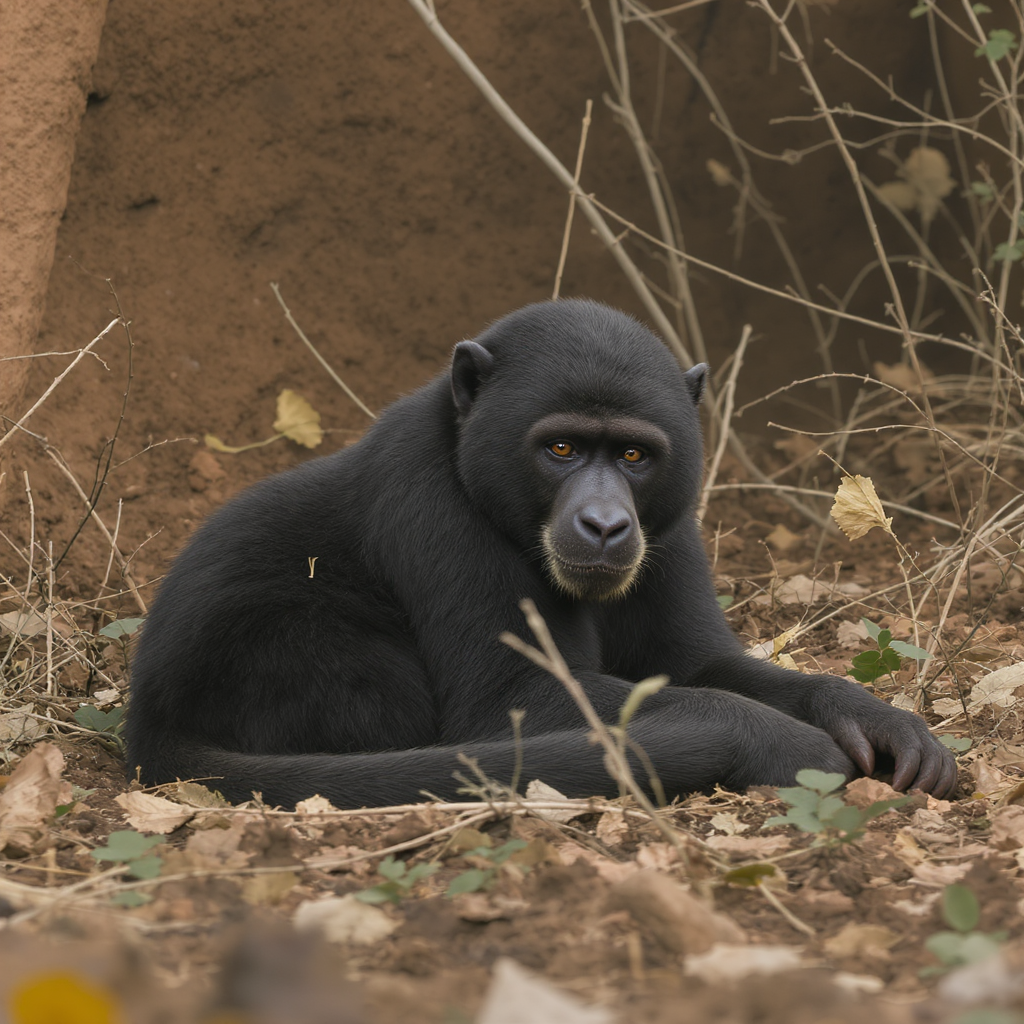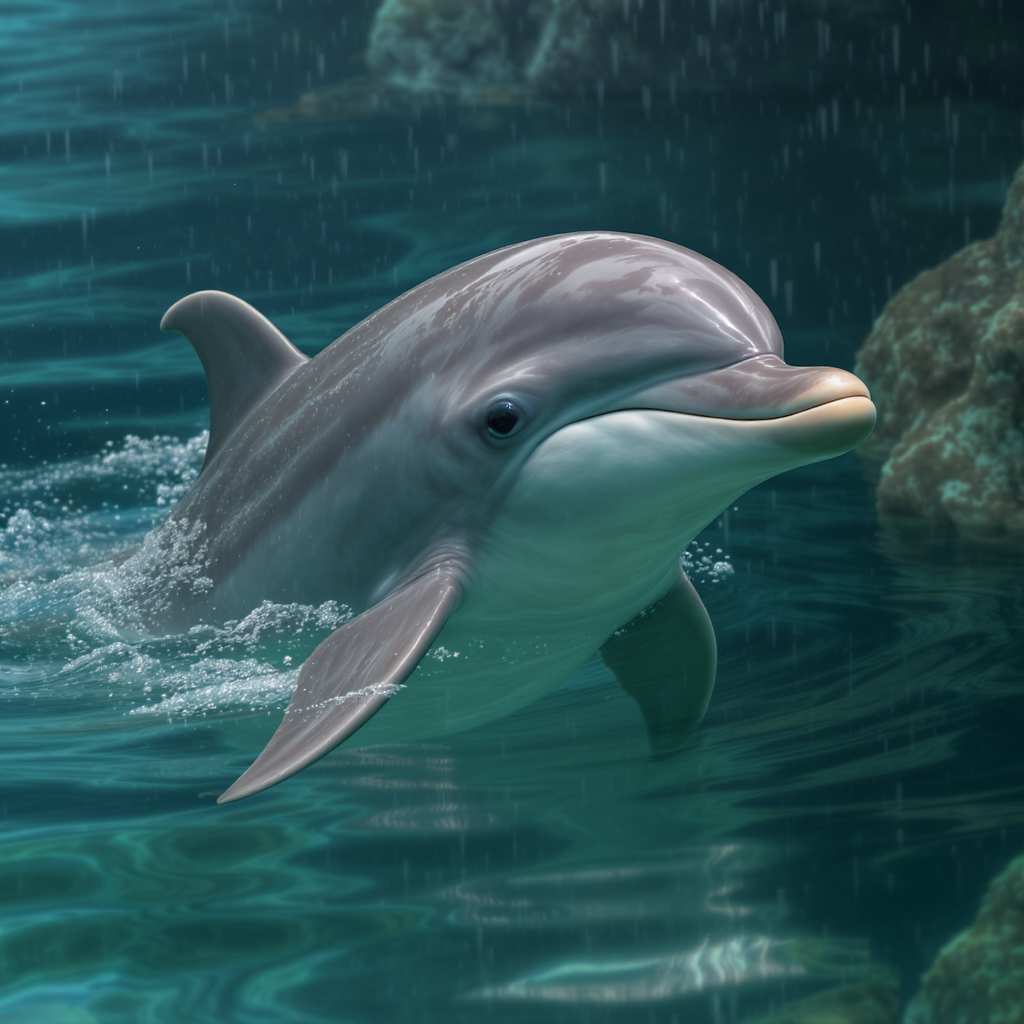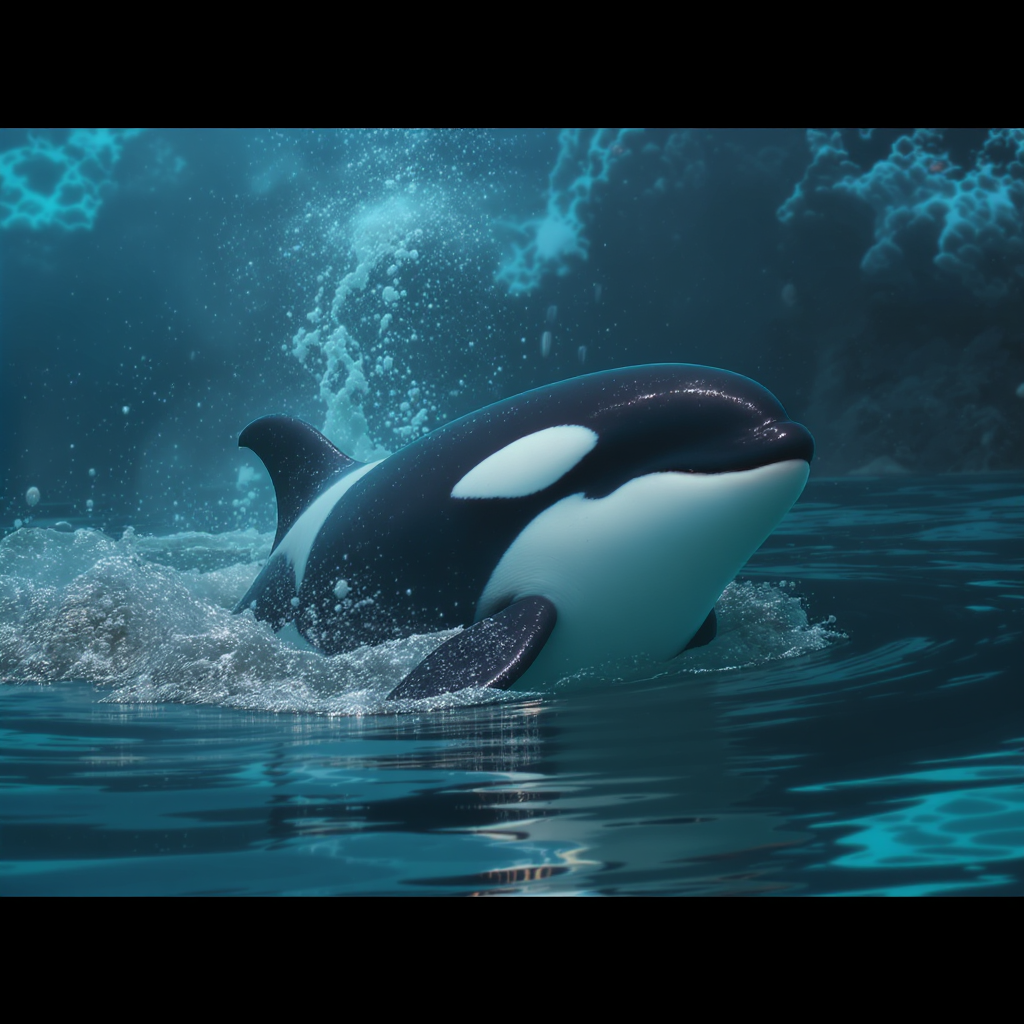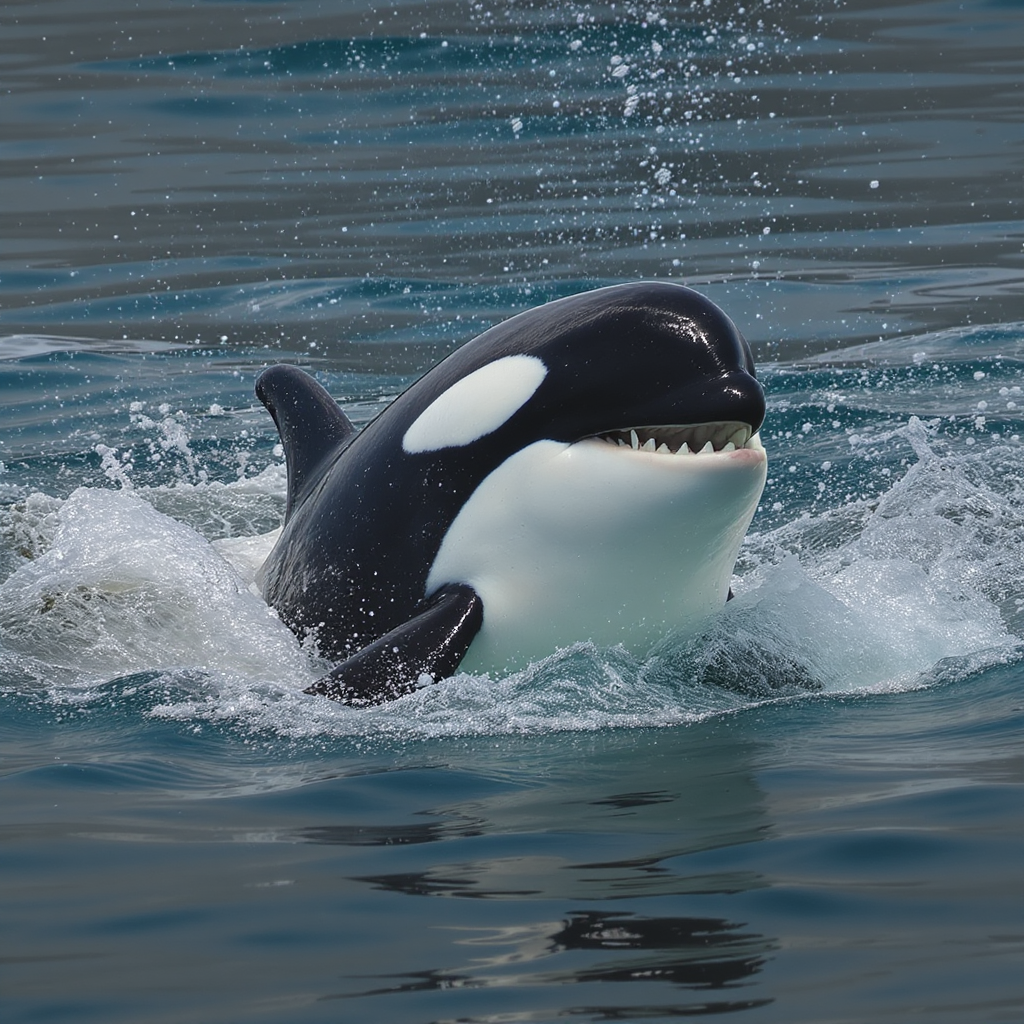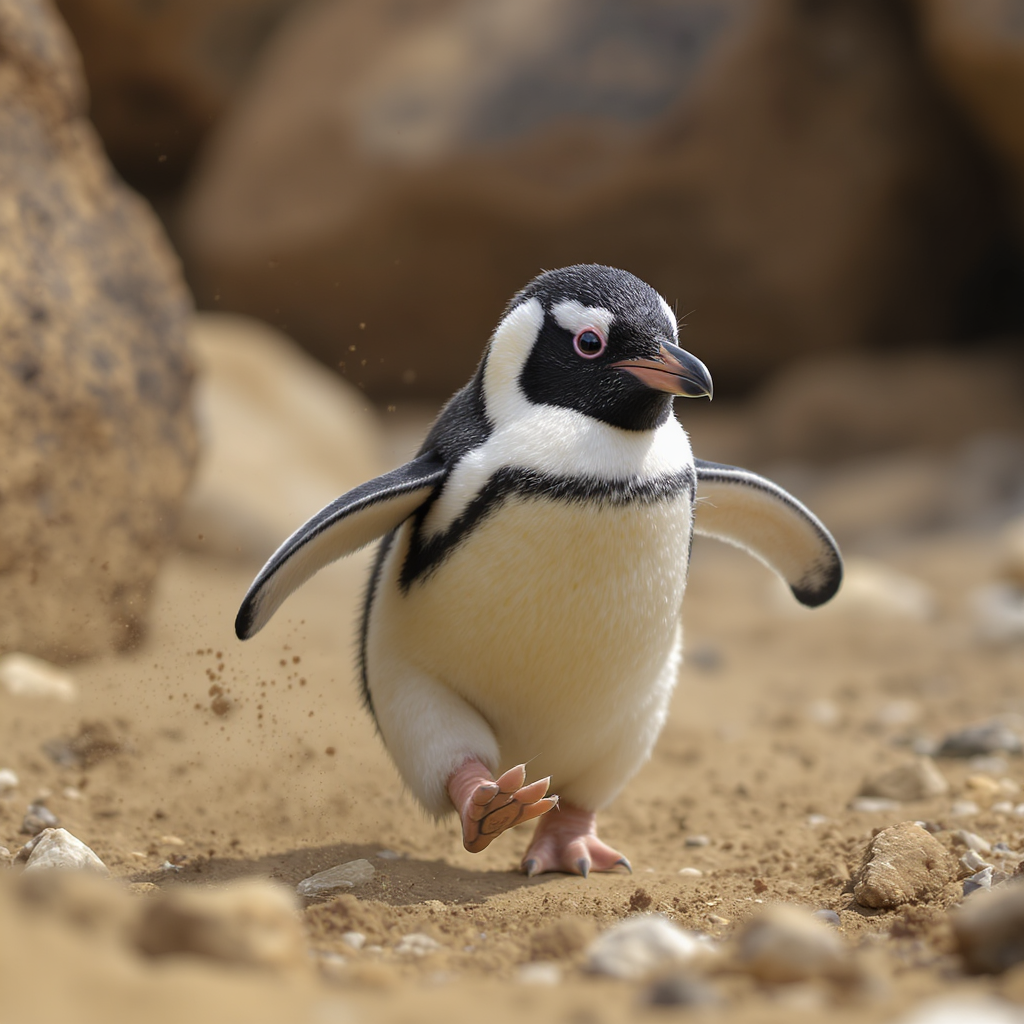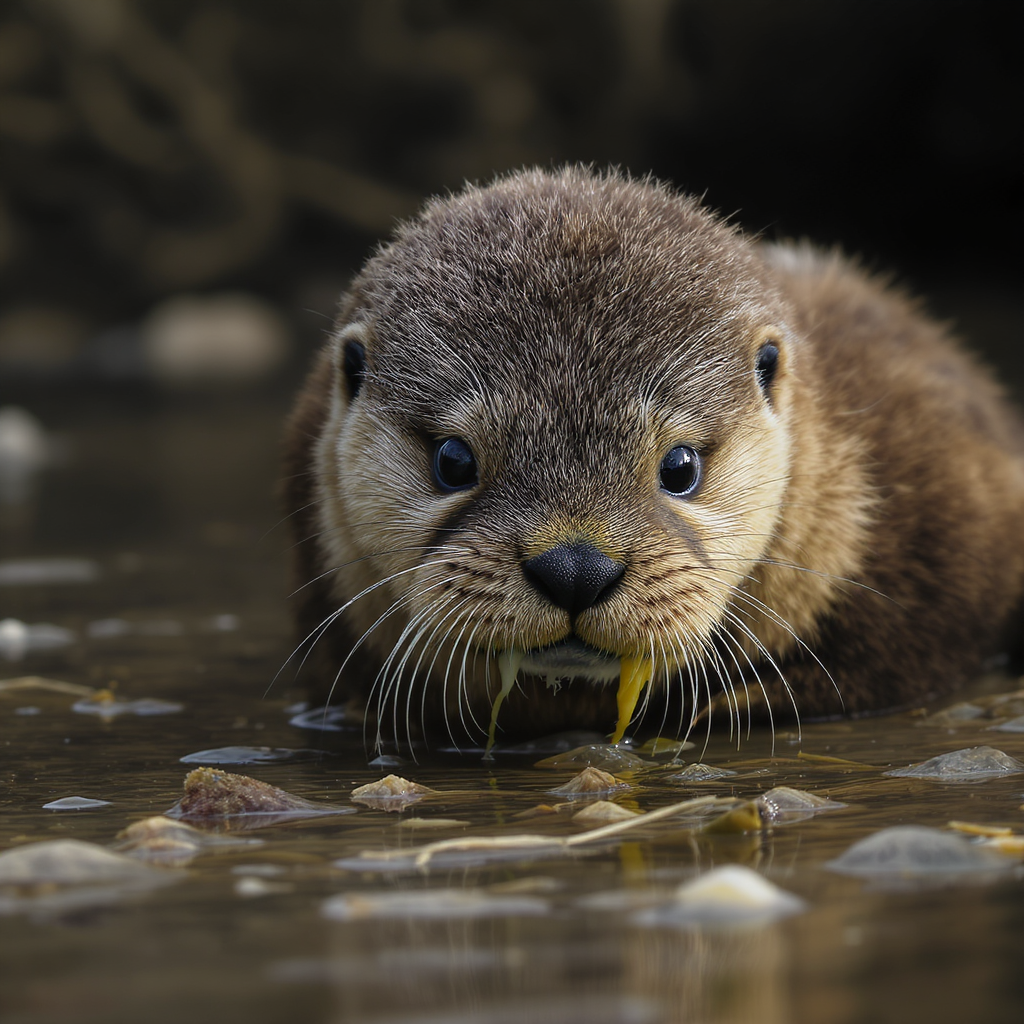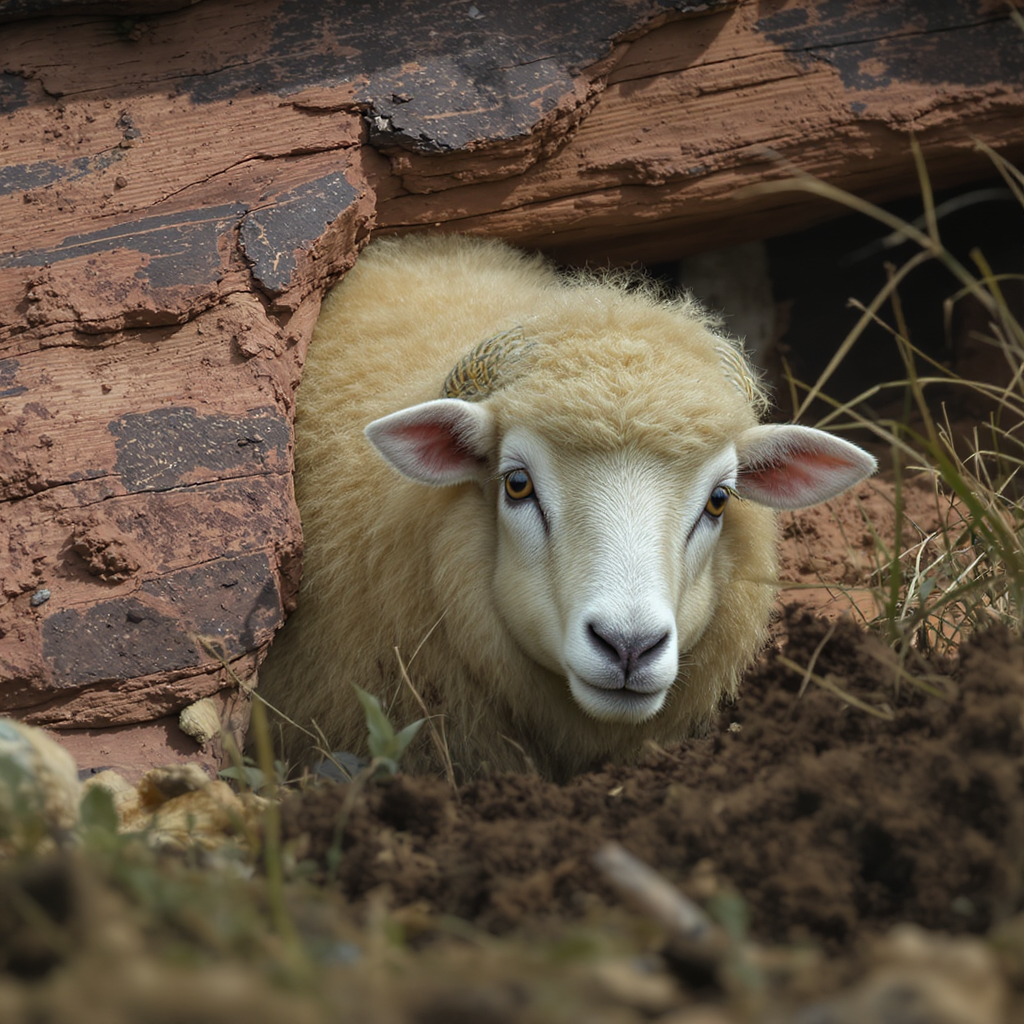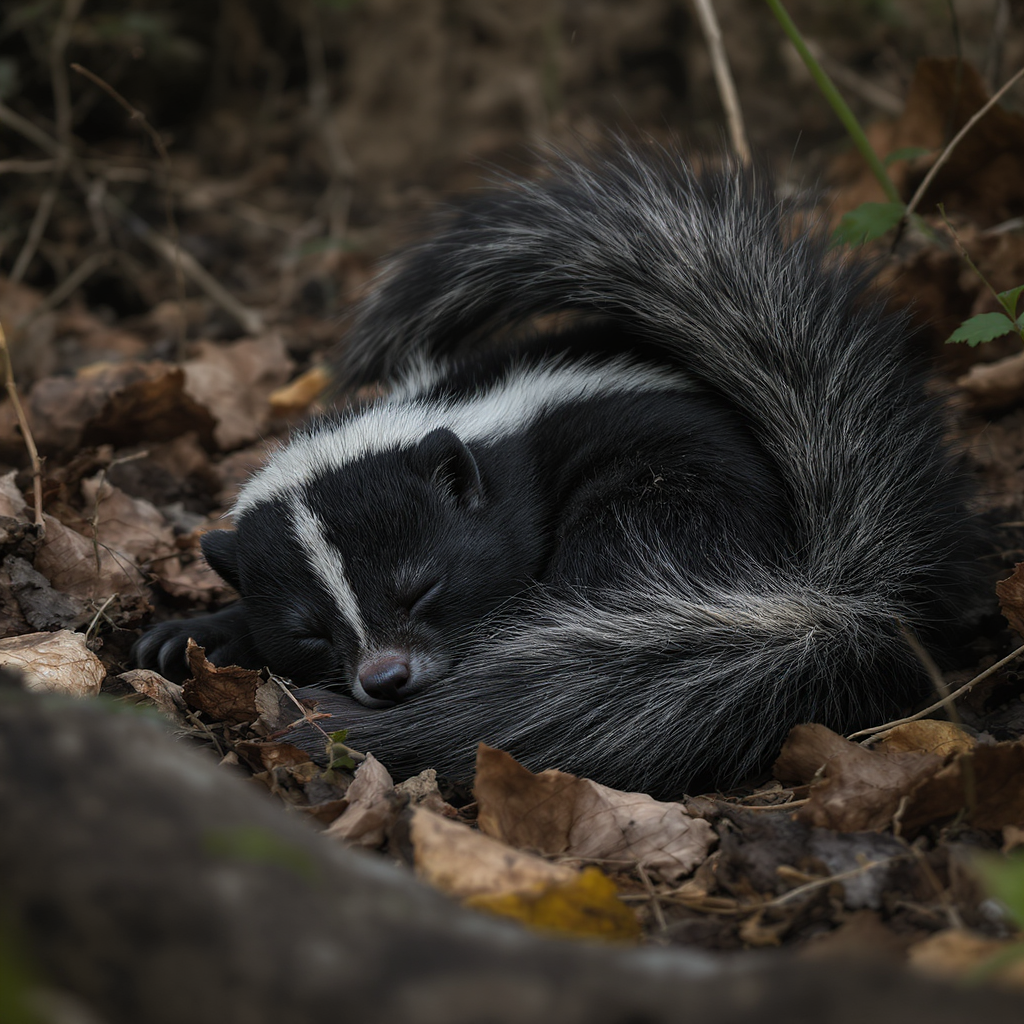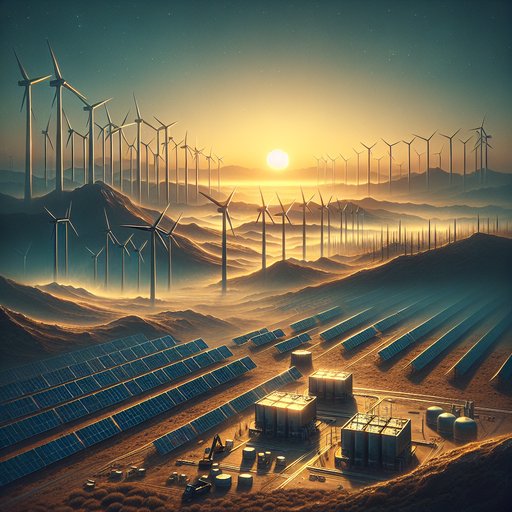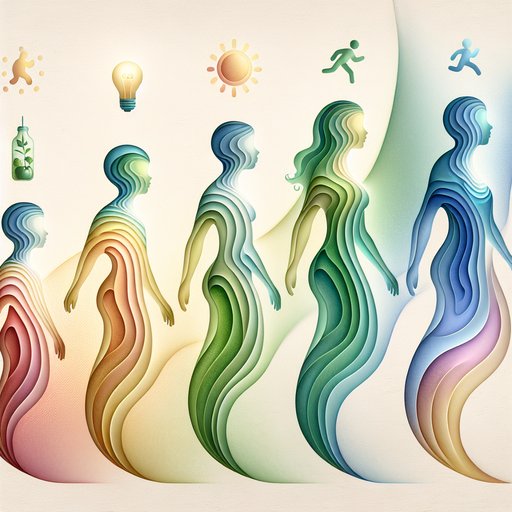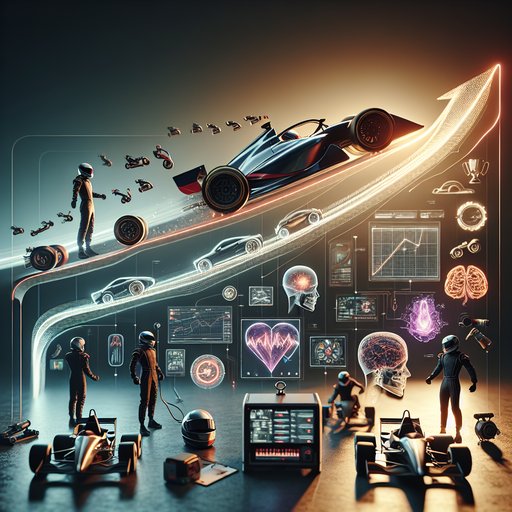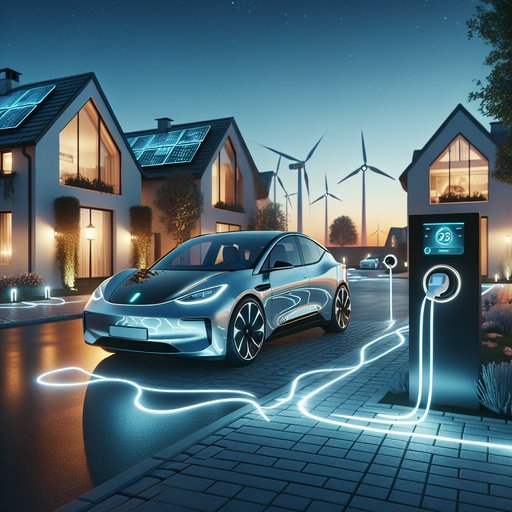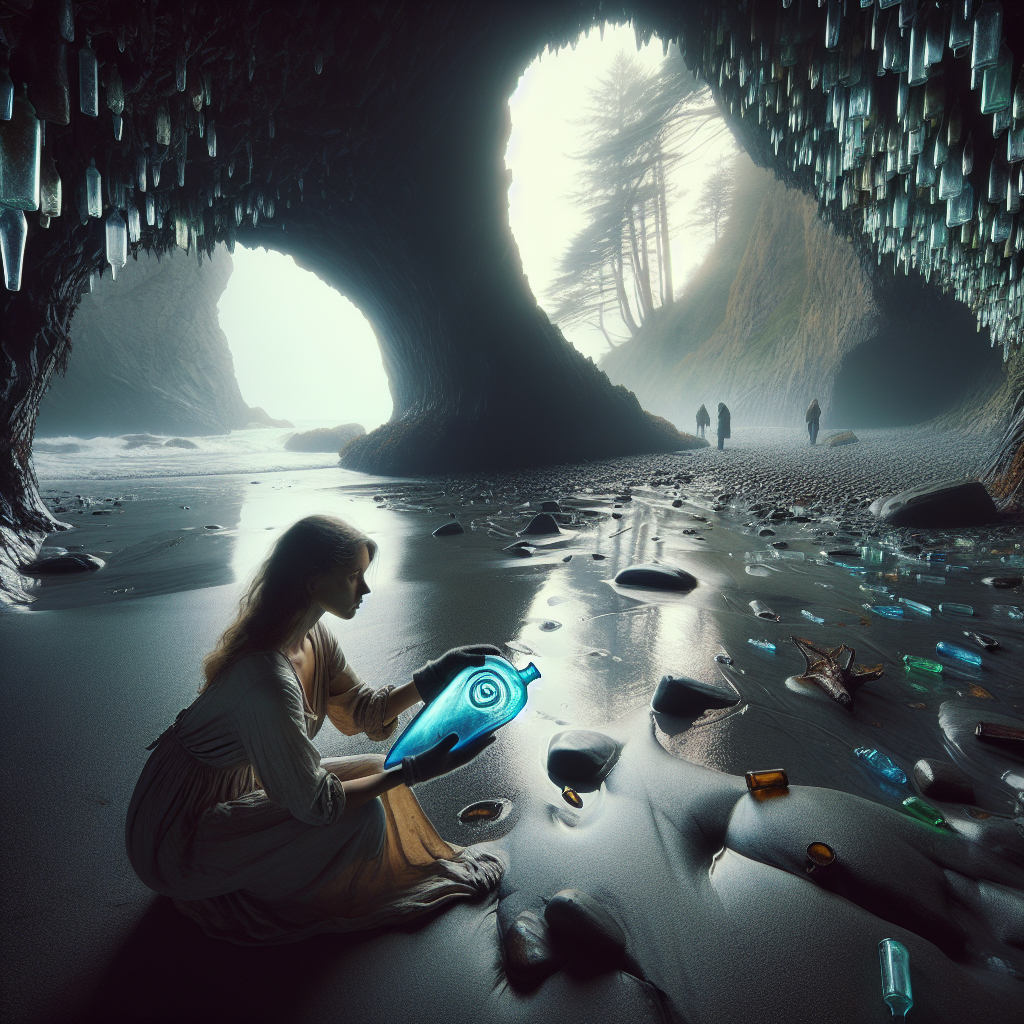- Details
- Written by: Bob Fratenni
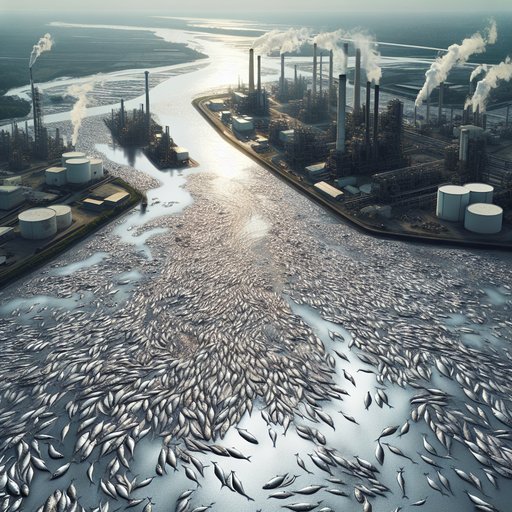
In an era where the environment and societal norms are in constant flux, raising resilient children becomes a vital task. The toxic spill into our rivers is not just an ecological disaster but a reflection of the consumption habits we pass down through generations. As industries continue to externalize costs, the burden falls on ecosystems, leading to a stark silence where once life thrived. Our challenge is to teach our children not only to navigate these complexities but to become part of the solution.
- Details
- Written by: Alex Dupcheck
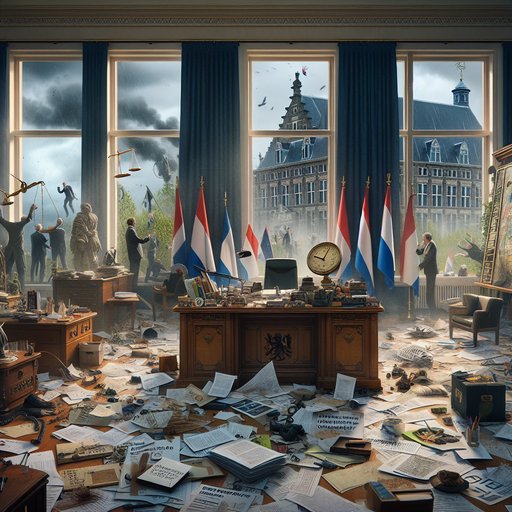
On June 3, 2025, the Dutch political landscape was shaken to its core when Geert Wilders, leader of the far-right Party for Freedom (PVV), abruptly withdrew from the coalition government led by Prime Minister Dick Schoof. This dramatic move, triggered by disagreements over asylum and migration policies, has toppled the fragile Schoof Cabinet after just 11 months in office, plunging the Netherlands into a fresh wave of political uncertainty. The collapse, driven by Wilders’ insistence on adding stringent immigration restrictions beyond the coalition’s original agreement, has left his coalition partners—the center-right VVD, the centrist New Social Contract (NSC), and the populist Farmer-Citizen Movement (BBB)—reeling, and it raises serious questions about the future of Dutch governance. With Prime Minister Schoof expected to tender his resignation and new elections looming, the fallout from this crisis reveals the volatility of coalition politics and the precarious position of Wilders as both a political force and a pariah.
- Details
- Written by: Valenenzia Gruelle
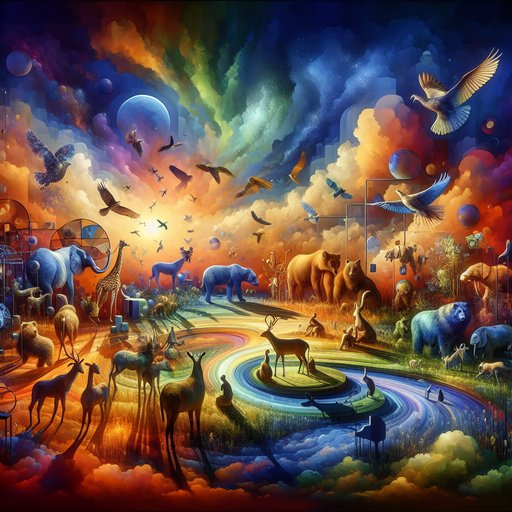
With AI now on the cusp of deciphering animal speech, the line between curiosity and surveillance becomes ever more blurred. While marveling at the prospect of interspecies conversations, we must also scrutinize how the same technologies encroach on human privacy, especially among older generations who often bear the brunt of such intrusions. The philosophical debate around autonomy and the right to privacy is reignited, compelling us to explore technological solutions that respect these fundamental rights.
- Details
- Written by: Bob Fratenni
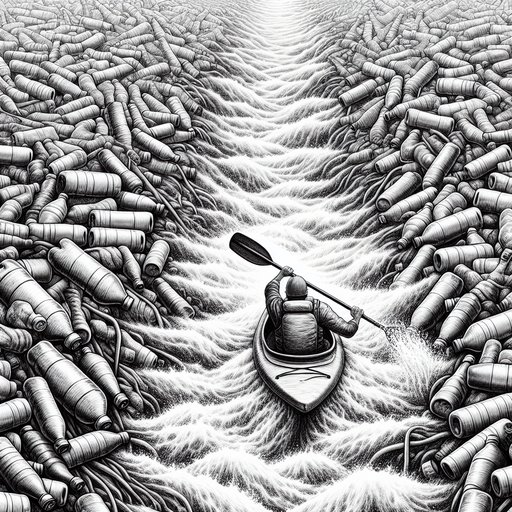
As Microsoft champions an open-source 'agentic web' where AI agents engage autonomously, we must pause to consider the implications of such technological proliferation. This vision, reminiscent of the mythical rivers that once carried stories and now ferry pollutants, poses a critical question: are we merely constructing a digital ecosystem that mirrors our wasteful physical world? The parallels between our reckless plastic economy and the unchecked growth of AI technology are stark. Our cultures, eager to dispose of the old for the allure of the new, risk eroding the foundations upon which sustainable societies are built.



